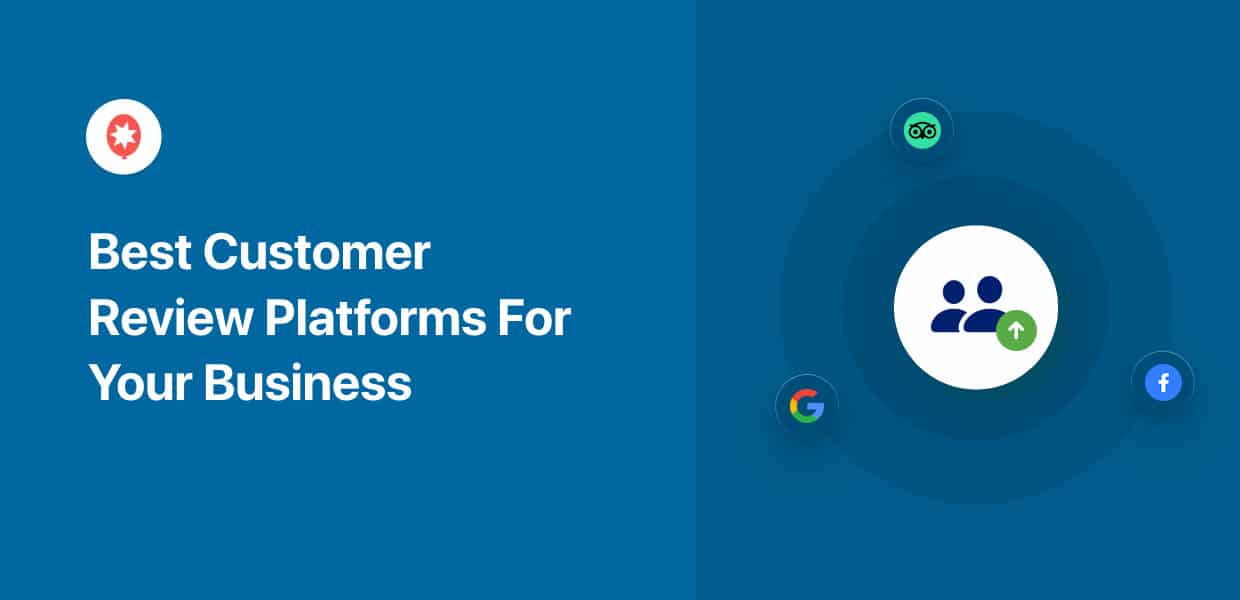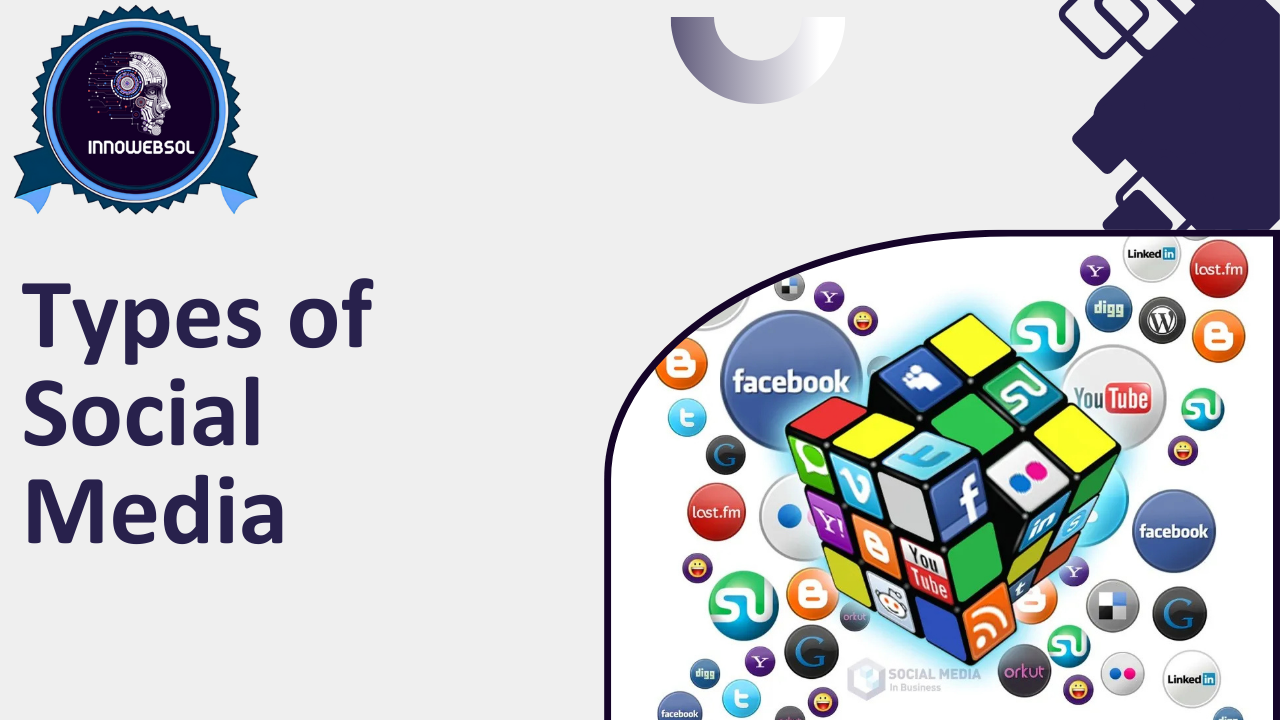Social media has become an essential part of our daily lives. People use it to connect with friends, share updates, and promote businesses. However, not all social media platforms serve the same purpose. There are different types of social media, each designed for specific needs.
If you want to grow your business or improve your online presence, it is important to understand these different types. This guide will help you learn about various social media platforms and how they can benefit you.
1. Social Media Networking Sites
Examples: Facebook, LinkedIn, Twitter (X)
Social networking sites allow people to connect, communicate, and share content with others. These platforms are mainly used for:
-
Building relationships with friends, family, and professionals
-
Sharing updates, photos, and videos
-
Promoting businesses through pages and ads
How Businesses Benefit:
-
Brands use Facebook and LinkedIn to build communities and engage with audiences.
-
Twitter (X) is great for real-time updates and customer interaction.
2. Media Sharing Networks
Examples: Instagram, YouTube, TikTok, Snapchat, Pinterest
These platforms focus on visual content like images and videos. Users can create and share content that attracts and engages audiences.
How Businesses Benefit:
-
Instagram and TikTok are popular for short videos and influencer marketing.
-
YouTube is ideal for long-form video content like tutorials, vlogs, and reviews.
-
Pinterest is great for businesses that rely on visuals, such as fashion, food, and home décor.
3. Discussion Forums

Examples: Reddit, Quora
Discussion forums are platforms where people ask questions, share knowledge, and discuss topics. These sites are useful for gaining expert insights and finding solutions.
How Businesses Benefit:
-
Businesses can participate in discussions and establish authority in their industry.
-
Brands can answer customer queries and promote their products subtly.
4. Microblogging Platforms
Examples: Twitter (X), Tumblr, Threads
Microblogging sites allow users to share short messages, images, and links. These platforms are designed for quick updates and discussions.
How Businesses Benefit:
-
Companies use Twitter (X) for news, updates, and customer engagement.
-
Brands can use Tumblr to share creative content and attract niche audiences.
5. Live Streaming Platforms
Examples: YouTube Live, Facebook Live, Twitch, Instagram Live
Live streaming has become a popular way to interact with audiences in real time. Businesses and influencers use it for:
-
Product launches
-
Webinars and Q&A sessions
-
Live events and behind-the-scenes content
How Businesses Benefit:
-
Live streaming helps brands authentically connect with customers.
-
It increases engagement and builds trust with the audience.
6. Social Messaging Apps
Examples: WhatsApp, Messenger, Telegram, WeChat
Messaging apps are used for instant communication between individuals and businesses. They offer private and group messaging features.
How Businesses Benefit:
-
Companies use WhatsApp and Messenger for customer support and promotions.
-
Telegram is ideal for sending updates to a large audience through channels.
7. Review Platforms

Examples: Yelp, TripAdvisor, Google Reviews, Trustpilot
Review platforms allow customers to share feedback and rate businesses. People rely on these reviews before making purchases.
How Businesses Benefit:
-
Positive reviews improve brand credibility and attract more customers.
-
Businesses can respond to reviews and build customer trust.
8. Job-Oriented Networks
Examples: LinkedIn, Glassdoor
These platforms focus on professional networking and job opportunities. Users can connect with recruiters, showcase their skills, and find career opportunities.
How Businesses Benefit:
-
Companies use LinkedIn to hire employees and share industry updates.
-
Glassdoor helps businesses manage their reputation through employee reviews.
Conclusion
Understanding the different types of social media can help you choose the right platform for personal or business use. Whether you want to increase brand awareness, engage with customers, or promote products, selecting the right platform is key.
If you are a business owner, consider using multiple platforms to maximize your reach and engagement. Social media is a powerful tool—use it wisely to grow your brand and connect with your audience!


